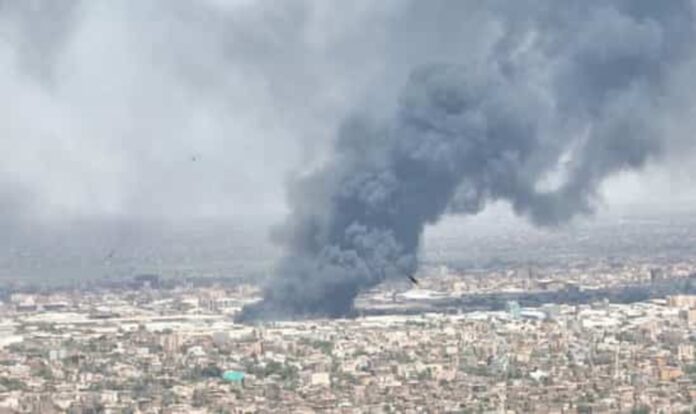A recent investigation by Reuters sheds light on the devastating impact of the ongoing war in Sudan, particularly in the capital, Khartoum State. The conflict between the Sudanese army and the Rapid Support Forces (RSF) has led to widespread civilian casualties, with many fatalities going uncounted in official records due to the collapse of local health and government services. According to a Reuters tally based on data from local activists and volunteer groups, the civilian death toll in the greater Khartoum area may be more than double the official count reported by the health ministry.
The official figure, which stands at 234 people as of July 5, only accounts for deaths recorded in civilian hospitals. However, the actual death toll recorded by activist and volunteer groups reaches at least 580 civilian deaths through July 26, suggesting that the nationwide death toll of 1,136 people is also likely an undercount. The situation has been further exacerbated by the disarray caused by the war, making it difficult for entities to register and report fatalities accurately. Many civilians have died in their neighborhoods or at home, away from hospitals, leading to their deaths being unrecorded in official statistics.
The article reveals a specific incident on May 7 in Shambat, a neighborhood north of Khartoum, where eyewitnesses reported a loud explosion and a subsequent air strike, resulting in the death of a pregnant woman, a man, and five children. Shockingly, these victims were not included in the government’s official death count. The ongoing hostilities have led to more than 12,000 injuries and the displacement of over 3.5 million people, creating one of the world’s largest humanitarian crises, according to the United Nations. The Sudanese army and RSF have both been accused of harming civilians through airstrikes, artillery, and gunfire.
Attacks in residential areas have become frequent, resulting in significant loss of civilian lives. As the conflict rages on, civilians in the affected areas are enduring immense hardship, with homes destroyed, families traumatized, and daily life disrupted. Mediation attempts by regional and international powers have thus far failed to find a resolution, leaving the population trapped in an unending cycle of violence and suffering. The situation remains dire, and without urgent intervention and accountability for the perpetrators, the toll on civilians in Sudan’s capital continues to rise.


